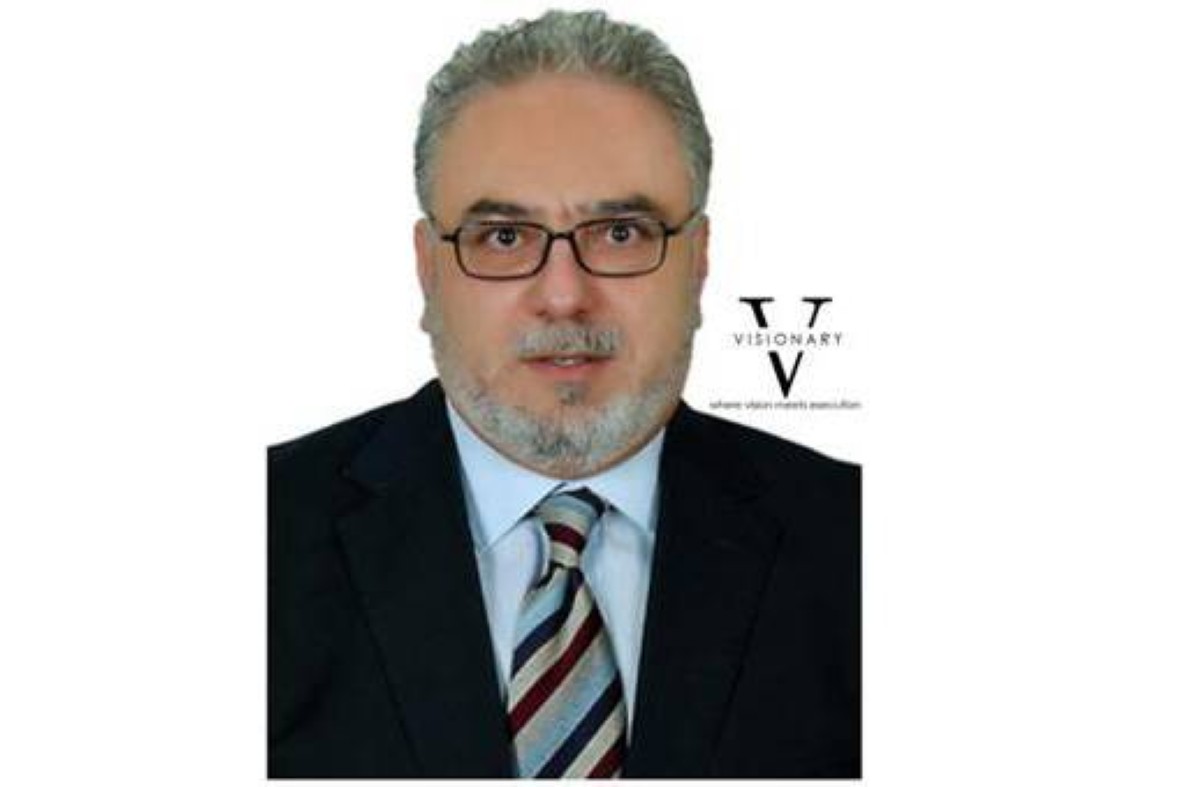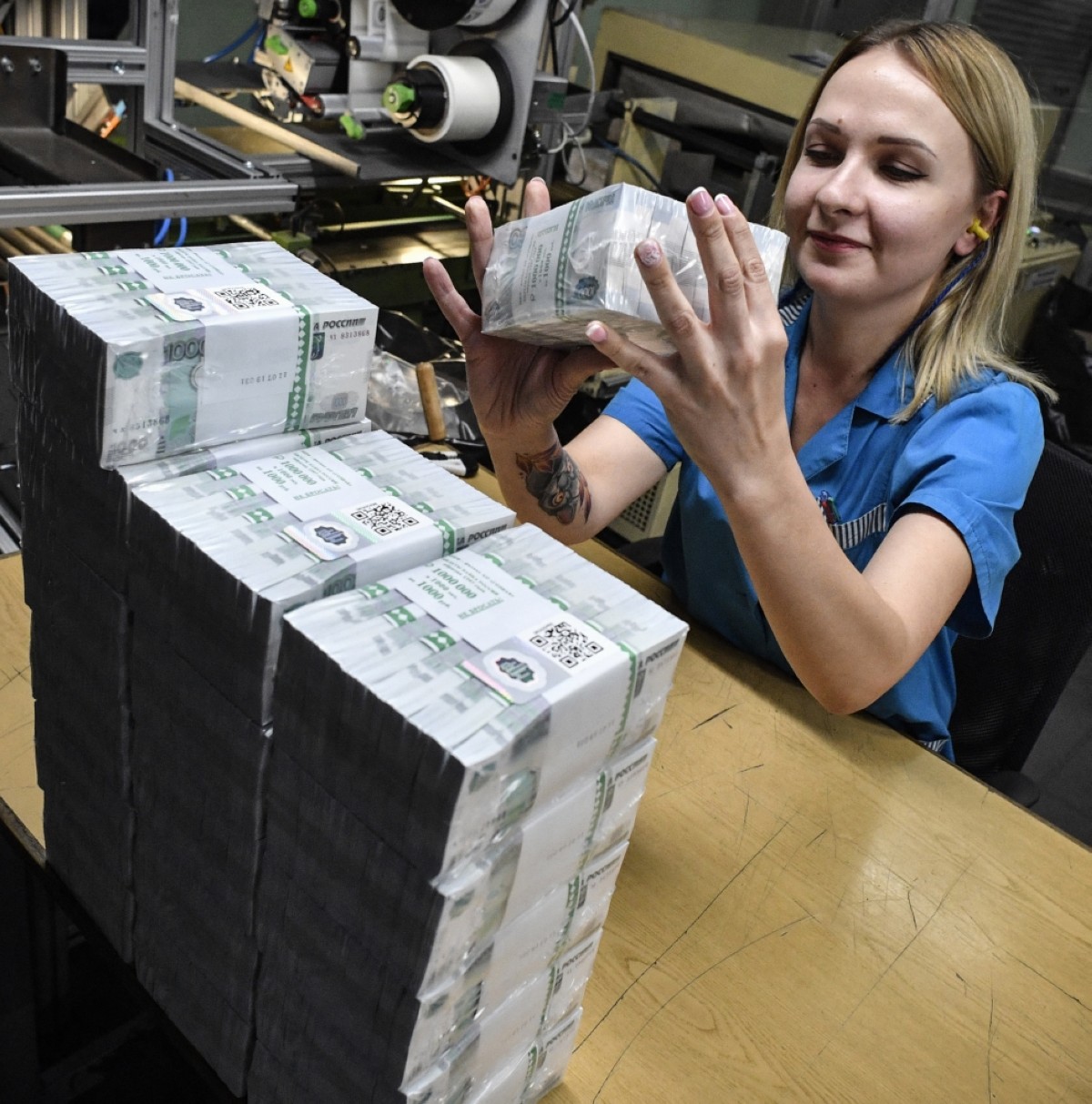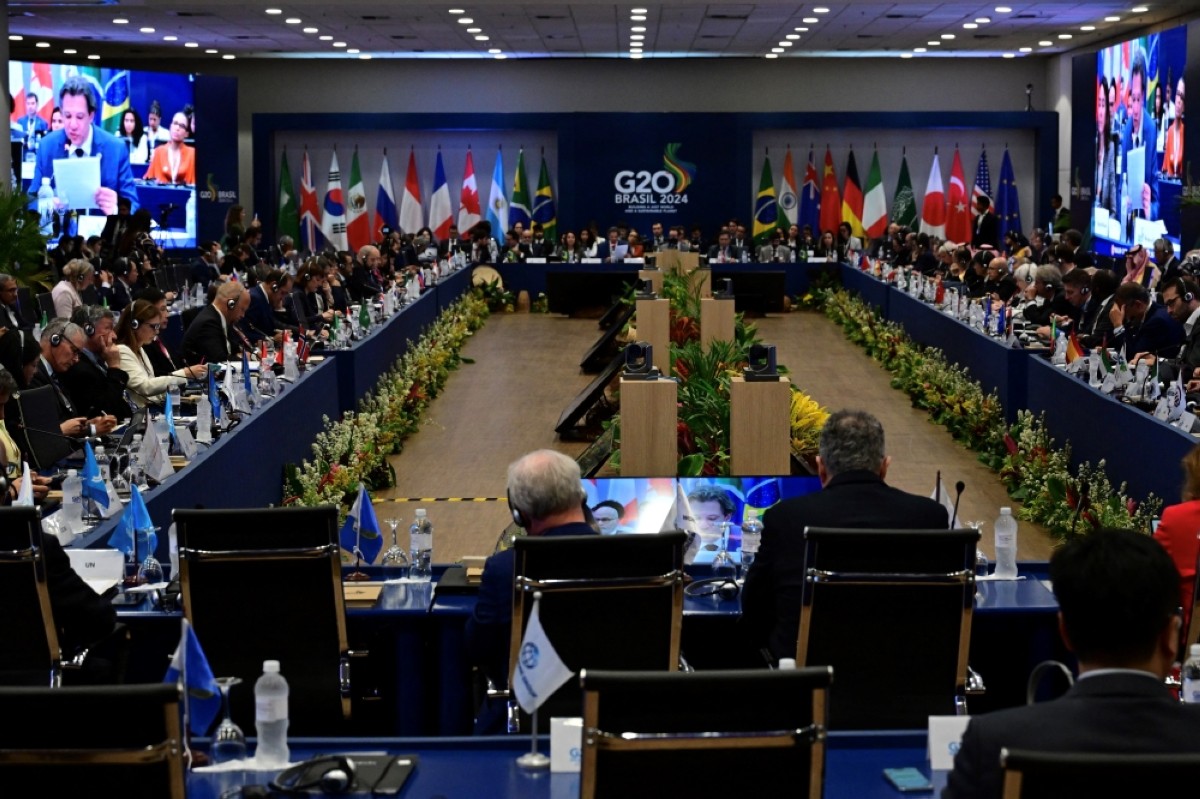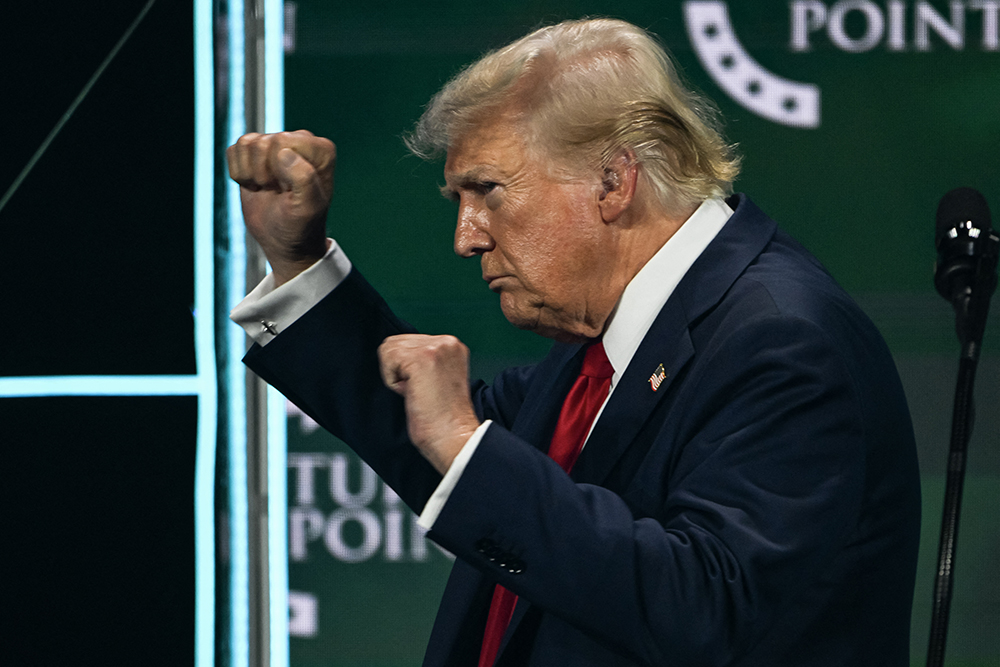Pakistan’s central bank cuts key rate to boost economy
ISLAMABAD: Pakistan’s central bank cut its key interest rate by 150 basis points on Monday in a widely expected move, marking its first rate reduction in nearly four years in its effort to boost growth amid a sharp decline in retail inflation.
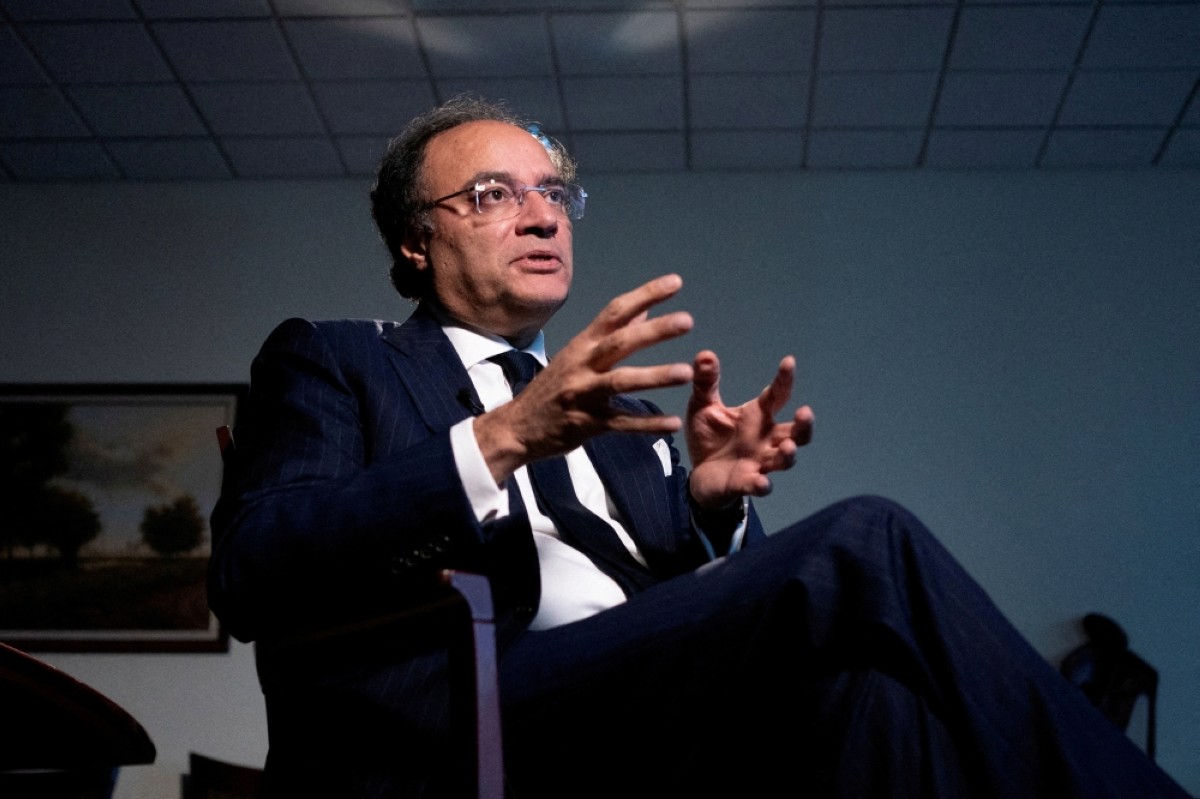
WASHINGTON: Pakistan Finance Minister Muhammad Aurangzeb is interviewed by Karin Strohecker, Reuters Chief Correspondent Emerging Markets, during the G20 Finance Ministers and Central Bank Governors’ Meeting at the IMF and World Bank’s 2024 annual Spring Meetings in Washington.—Reuters.
The decision to cut the key rate to 20.5 percent comes two days ahead of Pakistan’s annual budget and a week after data showed inflation slowed to a 30-month low of 11.8 percent in May.
“The significant decline in inflation since February was broadly in line with expectations, (but) the May outturn was better than anticipated earlier,” the State Bank of Pakistan (SBP) said in a statement. The SBP last changed rates in an emergency meeting in late June last year, when it raised rates by 100 basis points to a record high of 22 percent. Economic activity slowed over the last two years in Pakistan as it implemented tough reforms under an International Monetary Fund (IMF) bailout in a bid to stabilize its crashing economy.
Pakistan’s Finance Minister Muhammad Aurangzeb, speaking at a business conference in China last week, said he expected rates to come down in the face of falling inflation. However, bank’s monetary policy committee meeting said in Monday’s statement that there were upside risks to the near-term inflation outlook associated with the upcoming budgetary measures and uncertainty regarding future energy price adjustments.
The SBP had raised rates by a total of 1,500 basis points between September 2021 and June 2023 to rein in high inflation. The last hike in rates to a record 22 percent came as the country looked to secure a short term $3 billion bailout from the International Monetary Fund in a bid to stave off an imminent default.
The global lender had stressed the importance of keeping a tight monetary policy to control inflation, which had stayed above 20 percent since May 2022 and hit a record high of 38 percent last year.
High rates, however, have kept government’s borrowing costs elevated and with the new government looking to tighten its purse strings, lower rates will be critical in helping it reduce domestic borrowing costs. “As anticipated, SBP has taken a step towards narrowing the real interest rate gap to stimulate the economy and reduce its debt servicing burden,” Muhammad Ali, market analyst at AKD Securities, said. GDP growth in the current financial year to June 30 is expected to be between 2-3 percent after posting a de-growth of 0.17 percent in FY23. The government is targeting achieving 3.6 percent growth in the year starting July amid an uptick in economic activity.
The government is also in talks with the IMF for a longer-term bailout of around $6 billion to $8 billion for which it is expected to formally apply after the budget is passed by parliament.
The coalition government is expected to lay out ambitious fiscal targets in the 2024/2025 (July-June) budget on Wednesday that will help strengthen its case for a new bailout deal with the International Monetary Fund, officials and analysts said. Pakistan is in talks with the IMF for a loan estimated to be anything between $6 billion to $8 billion to avert a default for an economy that is growing at the slowest pace in the region.
“The budget holds critical significance for Pakistan’s IMF program and must close the gap between our revenue collection and total expenditure; it is thus likely be contractionary,” said Ali Hasanain, associate professor of economics at the Lahore University of Management Sciences. Pakistan narrowly averted a default last summer thanks to a short-term IMF bailout of $3 billion over nine months.
While its fiscal and external deficits have been brought under control, it came at the expense of a sharp drop in growth and industrial activity as well as high inflation, which averaged close to 30 percent in the last financial year and 24.52 percent over the last 11 months.
The growth target for the upcoming year is expected to be higher at 3.6 percent compared to 2 percent this year and economic contraction last year. Prime Minister Shehbaz Sharif has expressed public commitment to tough reforms since being elected in February elections, but high prices, unemployment and a lack of new job opportunities have piled political pressure on his coalition government. Standard Chartered said in a note on the budget last month that fully implementing all the measures that the IMF is likely prescribing, such as increasing revenue through widening the tax base and power tariff hikes, will be tough for Sharif’s government. – Reuters.




